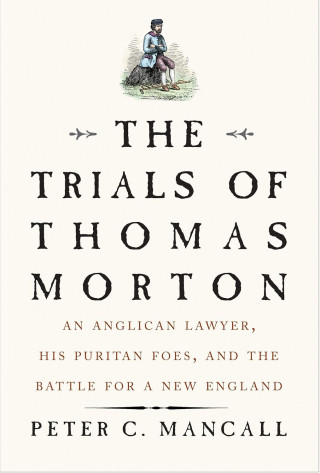Just seven years after the Puritans’ arrival, an Anglican lawyer named Thomas Morton published a book that threatened the young colony and its residents’ covenant with God. New English Canaan, a three-part text published in Amsterdam in 1637, is mostly filled with detailed observations about the region’s Indigenous people and descriptions of plants, animals and natural resources that could be commodified by white settlers. But a brief section at the end offers a withering critique of the Puritans and the society they were building, including their treatment of Native Americans.
Members of the Massachusetts Bay Colony—known to be a tightly controlled society—adhered to strict beliefs about how to live and worship. Women and children were taught to read so they could learn directly from the Bible, but few other books were imported. Public entertainment wasn’t allowed except for church services. Cursing was punishable by law. Despite harsh winters and conflicts with Native Americans, the Puritans believed their colony would survive if they obeyed God, and they were constantly on the lookout for signs from above.
Shortly after New English Canaan’s publication, the Puritans outlawed the text in their colonies, committing what historians consider the first act of book banning in the present-day United States. Fewer than 25 of the original copies from Amsterdam survive today, but far from disappearing, the book has cropped up continuously over the last four centuries in other works of literature and history. And Morton, who was once ridiculed by other colonists and nicknamed the “lord of misrule” by Plymouth Colony Governor William Bradford, became an anti-authoritarian symbol celebrated for his defiance of Puritan society.
Sarah Rivett, a literary scholar at Princeton University who has occasionally taught the book in her classes, says it’s hard to draw a direct line from the banning of New English Canaan to modern book bans due to differing cultural contexts. Still, she says the book’s long life is telling.
“That’s why we read these texts at all—to think about how things play out over time,” she explains. “Why they’re dangerous is the thing that is culturally specific and maybe can’t be connected, but the belief in the power of books to change people’s minds, to cause people to behave in a certain way, and to generate a movement or bring a group of people together, that is a question that’s relevant today.”

